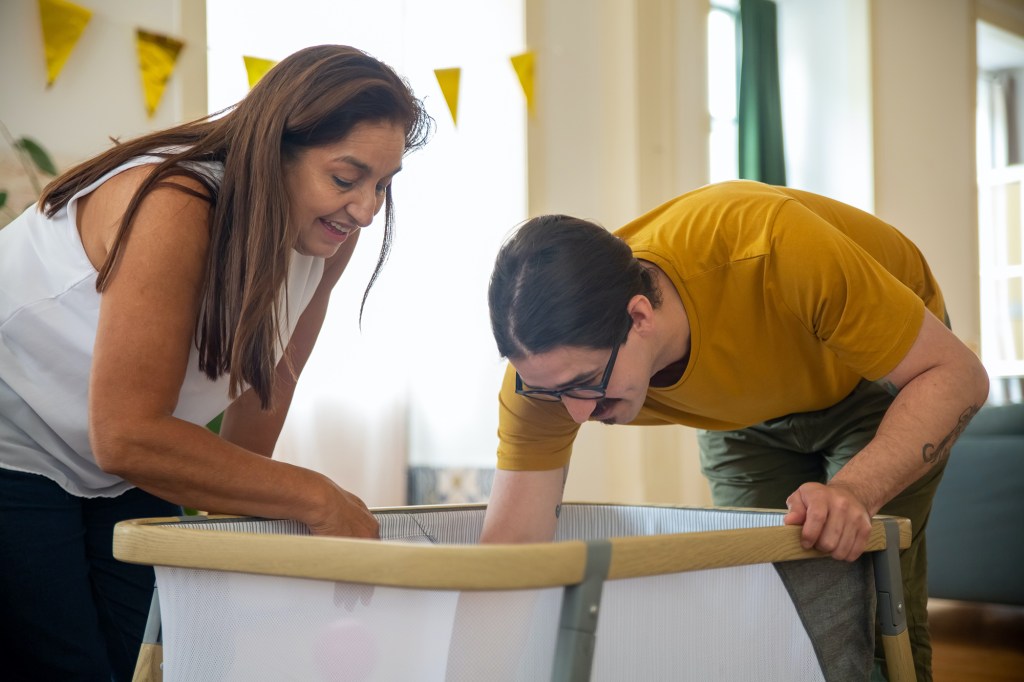Your cart is currently empty!
Safe Sleep: Why It’s Important

When it comes to safe infant sleep, following the right recommendations can seem daunting at first. However, ensuring your baby sleeps safely is crucial for their well-being. To prevent Sudden Unexpected Infant Death Syndrome (SUIDS), including Sudden Infant Death Syndrome (SIDS), implementing safe sleep practices is essential.
In the United States, there are around 3,400 SUIDS-related deaths every year, with 27% of these caused by strangulation or suffocation in a bed. New parents can take steps to prevent SUIDS, with safe sleep being a vital preventive measure.
To make it easier to remember safe sleep guidelines, follow the ABCs of sleep:
- A – Alone
- B – Back
- C – Crib
Place your baby on their back to sleep in their own flat sleep space, with no loose items like pillows, blankets, or stuffed animals. Bed-sharing is not recommended.
Keep the room temperature between 68 and 72 degrees. To keep your baby warm, use a wearable blanket or long sleeve footie pajamas, avoiding loose fitting items. Stop swaddling once your baby starts rolling and avoid weighted sleep sacks, as they may pose risks.
Use a crib, bassinet, or portable play yard with a firm, flat mattress and fitted sheet. Avoid letting your baby sleep on couches, armchairs, or seating devices like swings or car seats, except during short car rides.

Known SIDS risk factors:
- Placing baby to sleep on their stomach or side
- Babies born before 37 weeks of pregnancy
- Low birth weight, weighing 5lbs, 8oz or less
- Smoking during pregnancy
- Drug and alcohol use during pregnancy
- Babies sleeping on a soft surface
- Soft and/or fluffy bedding
- Blankets, bumpers, and stuffed toys, in the sleeping area
- Overbundling or dressing baby in too many layers of clothing
- Sickness with a fever
- Sleeping on an adult bed, couch, or armchair alone, with an adult, with a sibling, or with a pet
- Parent smoking cigarettes, using heavy drugs, and/or vaping
- Baby is younger than 4 months old
By following safe sleep recommendations, parents and caregivers can reduce the risk of SIDS and other sleep-related infant deaths.
Practicing safe sleep reduces stress for new parents and lessens anxiety about SIDS. Breastfeeding, skin-to-skin, and tummy time are excellent ways to decrease the risk of SIDS for your baby. After the first 6 months, the risk of SIDS lessens, but continue safe sleep practices until your baby turns one.
If sleep becomes a struggle, consider attending a newborn care class, using sleep routines, or hiring nighttime help. It’s okay to ask for assistance – raising a baby takes a village.










